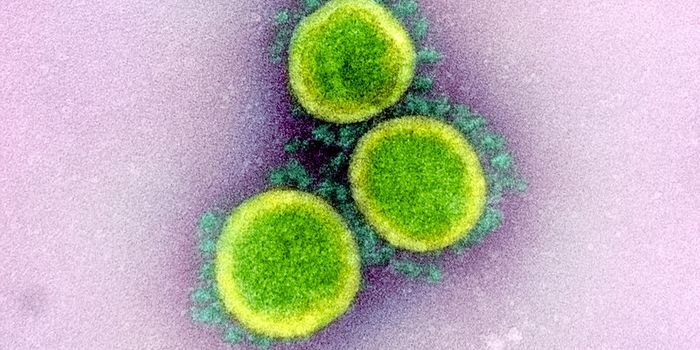Potential Cure for Coronavirus Found in Thailand
Doctors in Thailand have successfully treated people affected by the coronavirus via a new drug cocktail made out of antiviral, flu and HIV medication. Although in early stages of understanding how effective the drug-trio is in fending off the virus, their findings may offer hope for a potential cure.
Having administered the treatment in Rajavithi Hospital in Bangkok, doctors have said that the new approach has significantly improved the condition of several patients in their care. In particular, the doctors highlighted the case of one 70-year-old woman from Wuhan, the epicentre of the virus, who had tested positive for the virus for ten days prior receiving the treatment.
Dr Kriangska Atipornwanich, a lung specialist at Rajavithi Hospital said, “This is not the cure, but the patient’s condition has vastly improved. From testing positive for 10 days under our care, after applying this combination of medicine the test result became negative within 48 hours...The outlook is good but we still have to do more study to determine that this can be a standard treatment.”
The usage of these drugs to treat the virus leverages previous research conducted on treating MERS and SARS. Dr Margot Savoy, chair of family and community medicine at the Lewis Katz School of Medicine at Temple University said, “Because this novel coronavirus is in the same family as the recent new infections MERS and SARS, scientists can use the work they have been doing for those infections to apply to the 2019 coronavirus.”
Although some news organizations are reporting that the death rate from coronavirus is higher than the recovery rate, many health officials say that these statements are misleading. This comes as complete recovery from respiratory issues can take weeks, if not months, and that most viruses don’t have a cure.
Thus, although doctors and researchers alike are scrambling to find solutions to the disease, as no current cure exists, with the trajectory of the disease still unknown, so far, the majority of care provided for the illness is more supportive in nature. This means that rather than treating the virus itself, it manages symptoms- including fevers, cough, vomiting and fatigue until the body is able to handle the virus on its own accord.
Sources: Reuters, Interesting Engineering and Healthline









